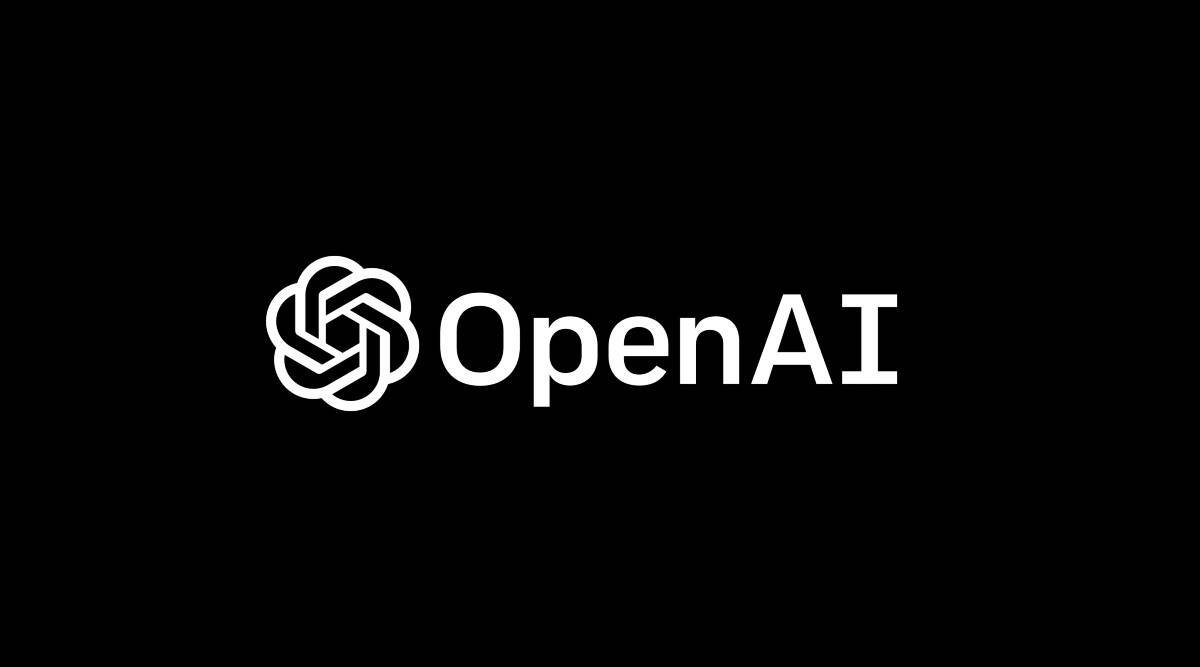A GitHub project called GPT4free received a letter from OpenAI which demanded that the repo be closed within five days or it would "win" a lawsuit.
Anyone can use ChatGPT for free, but if you want to use GPT4, the latest model languages, you have to pay for ChatGPT Plus, for access in the OpenAI API or find another site that has integrated GPT4 into their own free chatbot.

There are sites that use OpenAI like Forefront and You.com, but what if you want to build your own bot and don't want to pay for the API? A GitHub project that it is called GPT4free allows you to gain free access to models GPT4 and GPT3.5 by routing your queries through sites like You.com, Quora and CoCalc and returning the answers to you. The project is GitHub's most popular new repo, with 14.000 stars this week.
Now, according to Xtekky, a European IT student who runs the repo, OpenAI has sent a letter demanding that he take down the repo within five days or face being sued.
Xtekky he says that he doesn't think OpenAI should react that way, since it doesn't connect directly to the company's API, but instead receives data from other sites that pay for their own API licenses.
If the owners of these sites have a problem they should approach him directly, he said.
Even if the original repo is removed, there is a good chance that the code – and this method of accessing GPT4 and GPT3.5 – will be published elsewhere by other community members. Even if GPT4Free never existed, anyone can find ways to use the APIs of these sites if they continue to be insecure.





